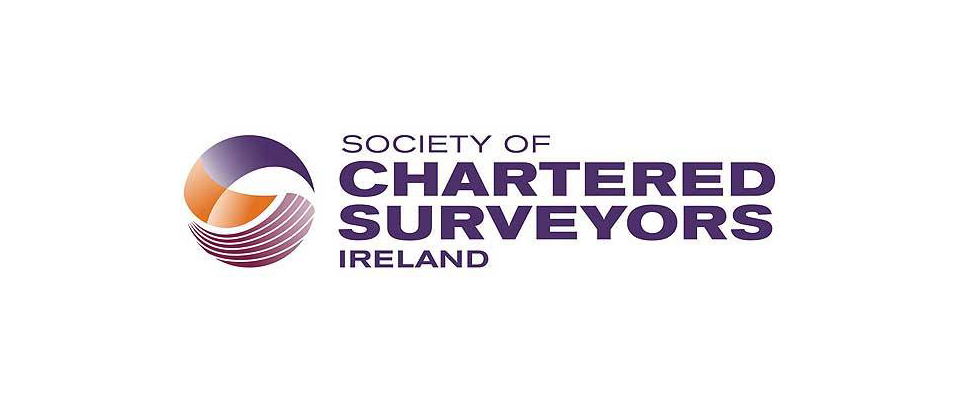The cost of buying a home looks set to rise by an average of 7 per cent between now and the end of the year with even higher price increases predicted for Leinster, according to the Society of Chartered Surveyors Ireland (SCSI).
A survey from the organisation predicts residential rents will also rise by an average of between 8 to 10 per cent outside the rent control areas of the four local authority areas of the Dublin Region and Cork City Council area.
Annual rent increases are now capped at 4 per cent in these designated pressure zones with Government considering extending these zones to 20 more towns.
The SCSI’s Annual Residential Property Review and Outlook Report 2017, which was released today also said the price of the most popular house type - a three-bedroom semi detached home - would climb by an average of 9.4 per cent nationally.
The Leinster region, excluding Dublin, is where the SCSI anticipates the greatest increases across all housing types.
It is predicting an increase of 11 per cent for one and two-bedroom apartments and a rise of 10.6 per cent for three-bed semi detached homes.
The price of a similar house in Dublin City is predicted to rise by 9.5 per cent.
Ronan O’Hara Chair of the SCSI’s Residential Agency Group said the lack of supply, public policy and projected economic growth may continue to inflate house prices and he warned that the latter could not be taken for granted given the uncertainty caused by Brexit.
“Four our out of five surveyors outside Dublin believe Brexit will have a negative impact on our economic growth. While this figure drops to 50 per cent in Dublin, it shows the uncertainty which exists for the coming year,” Mr O’Hara said.
“The drop in sterling has reduced the buying power of people looking to move here and that is probably one of the reasons why 36 per cent of surveyors across the country believe that Brexit has already had a negative impact on residential activity levels.
Interestingly, a clear majority of surveyors anticipate that additional countries will vote in favour to leave the EU over the next three years.”
The report anticipates continued and strong rental price growth over the coming 12 months across all regions, fuelled by a sustained demand combined with a continuing housing shortage particularly in and around the regional cities.
Overall the greatest increases are forecast for both two and three-bed apartments and townhouses with increases predicted to be over 10 per cent.
Mr O’Hara said while the proposals to extend the designated pressure zones to 20 more towns was well intentioned, they were also short sighted.
“In our survey the introduction of permanent rent control measures was ranked as the highest negative measure that will impact upon the supply in the rental market. If this goes ahead it will discourage landlord investment in the rental market.”





